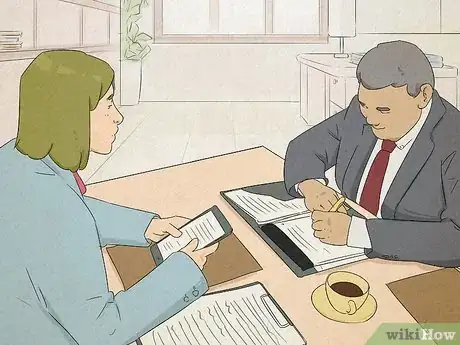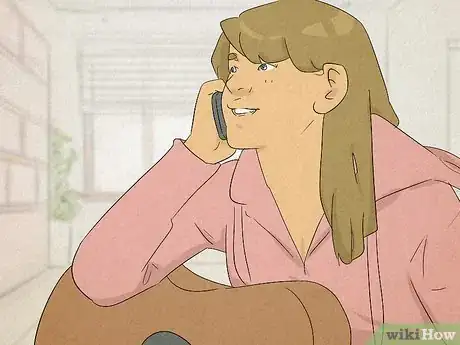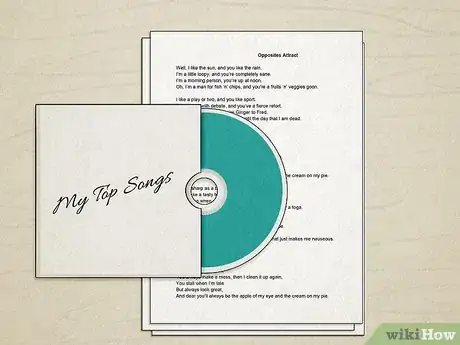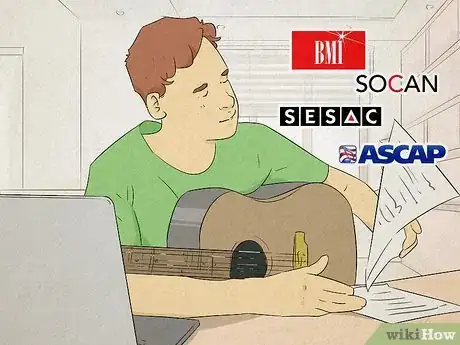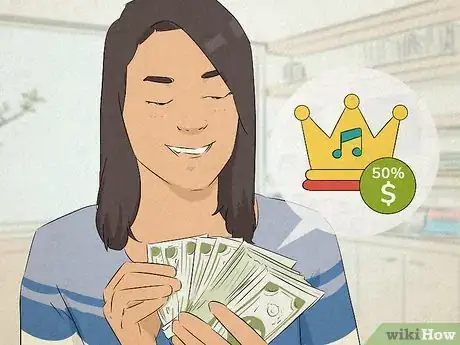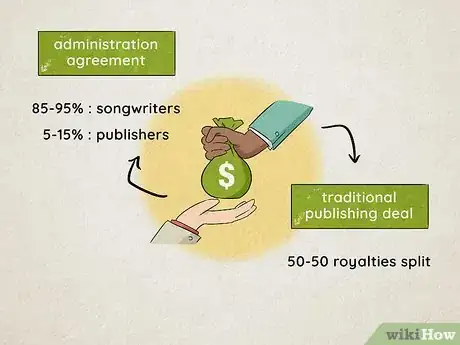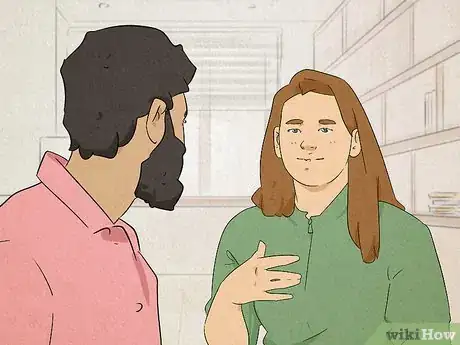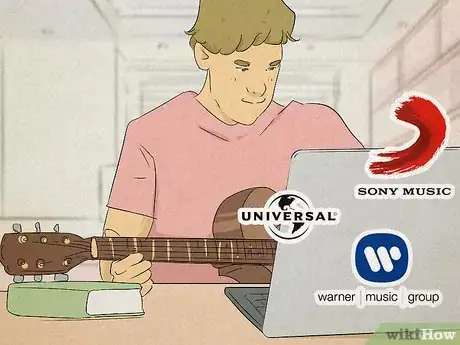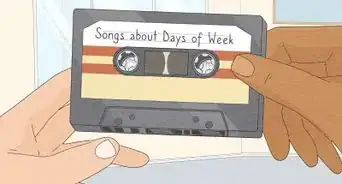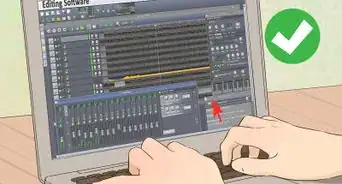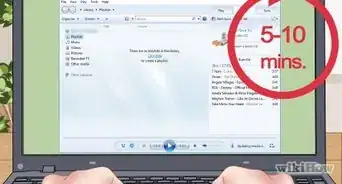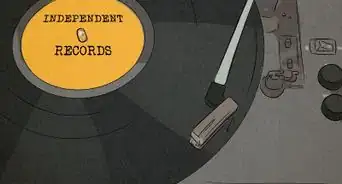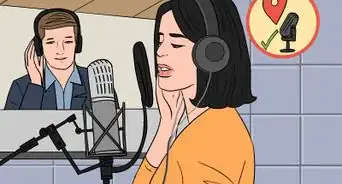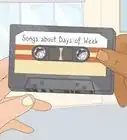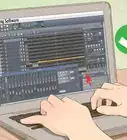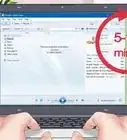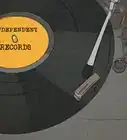This article was co-authored by Tanisha Hall. Tanisha Hall is a Vocal Coach and the Founder and Executive Director of White Hall Arts Academy, Inc. an organization based in Los Angeles, California that offers a multi-level curriculum focused on fundamental skills, technique, composition, theory, artistry, and performance at a conservatory level. Ms. Hall's current and previous students include Galimatias, Sanai Victoria, Ant Clemons, and Paloma Ford. She earned a BA in Music from the Berklee College of Music in 1998 and was a recipient of the Music Business Management Achievement Award.
This article has been viewed 9,469 times.
Signing a deal with a music publisher is a great way to put your music in the public spotlight and collect royalties from your songs whenever they’re played. For example, a music publisher might pitch your music and get it placed in TV shows, movies, or video games, then collect money for its use. The world of music publishing can be confusing, especially if you’re at an early stage of your songwriting career. That’s why we’ve put together this handy Q and A article to help you start understanding it!
Steps
What music publishing deals are available?
-
1The most common is a traditional publishing deal. In a traditional music publishing deal, songwriters and publishers split royalties 50-50. The songwriter still owns their songs, but the publisher has creative control over the songs and deals with licensing, pitches music, and collects royalties.[8]
- These types of deals often cover a songwriter’s whole catalogue or require a yearly delivery commitment from the songwriter.
- Songwriters often receive large advances when they sign a traditional publishing deal, so they are very competitive.
-
2Another type of publishing deal is an administration agreement. In this type of deal, the publisher administers the copyrights for music and collects royalties for a songwriter’s music. The songwriter retains creative control over their songs and usually earns about 85-95% of the royalties, while the publisher keeps 5-15% of the money as an administration fee.[9]
- This is a good option if you’re early in your career as a songwriter because you get to retain full control of your music while building your profile through a publisher’s services. Then, you can sign a traditional co-publishing deal later on if you want to.
References
- ↑ https://itallstartswithasong.wordpress.com/2012/09/13/how-and-when-to-find-a-music-publisher/
- ↑ https://itallstartswithasong.wordpress.com/2012/09/13/how-and-when-to-find-a-music-publisher/
- ↑ https://itallstartswithasong.wordpress.com/2012/09/13/how-and-when-to-find-a-music-publisher/
- ↑ Tanisha Hall. Vocal Coach. Expert Interview. 27 March 2020.
- ↑ Tanisha Hall. Vocal Coach. Expert Interview. 27 March 2020.
- ↑ https://soundcharts.com/blog/self-publishing
- ↑ https://soundcharts.com/blog/self-publishing
- ↑ https://www.tunecore.com/guides/music-publishing-101
- ↑ https://output.com/blog/4-things-to-consider-music-publishing
